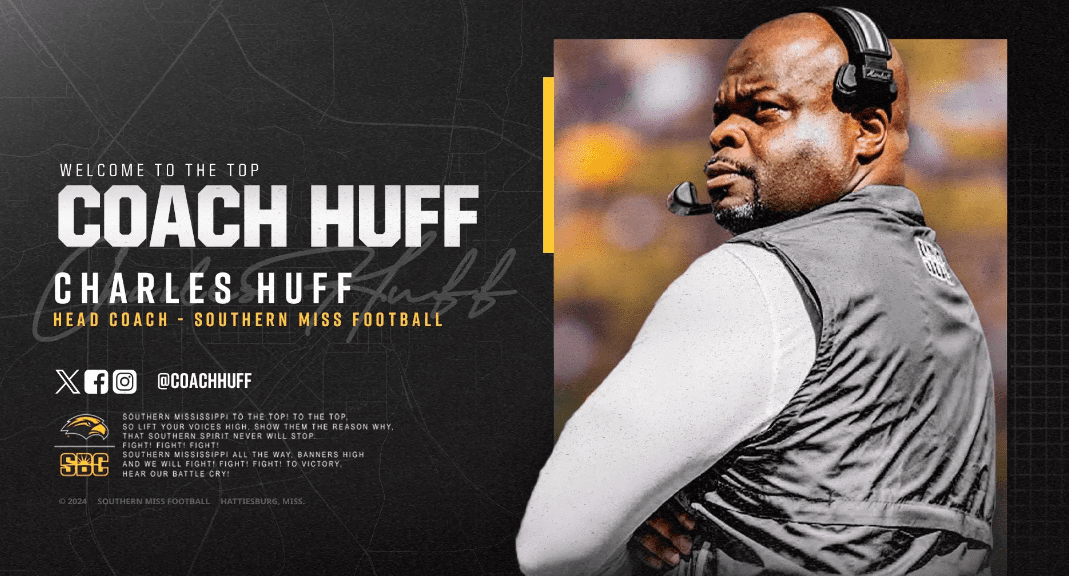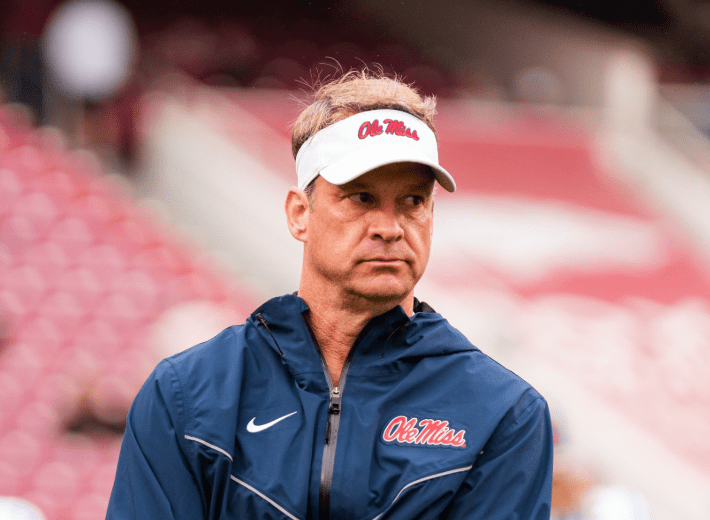Mitchell – What if tax increase generates less cash?
A previous column attempted to explain how state leaders are misleading people by saying cigarette taxes must be raised to keep car tag costs in check. For managers of a budget topping $5 billion to say they can’t find $30 million somewhere else to keep car tags at current rates is, well, nonsense.
The additional dimension, though, is this: Lawmakers could be hitching their wagon to a falling star.
There have been 57 increases in cigarette taxes enacted by other states since July 1, 2002. In 39 instances, the increases did not deliver all the new money expected. In New Jersey, lawmakers pushed the cigarette tax higher annually for several years. In 2006, it became the nation’s top rate at $2.57 per pack. Not only did that state not get more money from its last bump, it got less.
People in New Jersey got the message. They either quit smoking, which is a good result, or started avoiding the state tax by buying their smokes on the Internet, at untaxed outlets such as Indian reservations or started spending their money and paying the lower taxes on cigarettes in neighboring states.
That “flee the jurisdiction” thing is a point raised by some Mississippi lawmakers. If wiser heads prevail, any increase from the embarrassing 18 cents per pack now imposed in this state will be to around 64 cents, perhaps even at a “floating average” of rates in Alabama, Tennessee, Arkansas and Louisiana.
But what if puffers, already zapped this month by an increase to $1.01 in the federal excise tax, do quit or find a way to avoid the taxes? And what about the loss of revenue at convenience stores and other places that depend on cigarettes sales for as much as a third of their profits? Lawmakers will have made the recession worse, and not have new revenue to show for it.
Altria has presented lawmakers with alternatives that are in Big Tobacco’s interests but are better balanced. The group would place a per-pack fee on non-settling companies and tax smokeless tobacco by weight as the federal government does to come up with the $30 million said to be needed right away. Altria also suggests using each year’s settlement check toward a 3-to-1 federal Medicaid match, parlaying it into $800 million or so.
If, however, past is prologue, lawmakers will take a “get this over with” approach when they return to the Capitol. They will add another layer of taxation to a patchwork that is already dysfunctional and hope there’s enough money to escape the car tag price dilemma they created for the state.
Then they’ll go home, yapping that smoking is bad — and hoping that no one quits.
Charlie Mitchell
Greenwood Commonwealth
4/28/9








